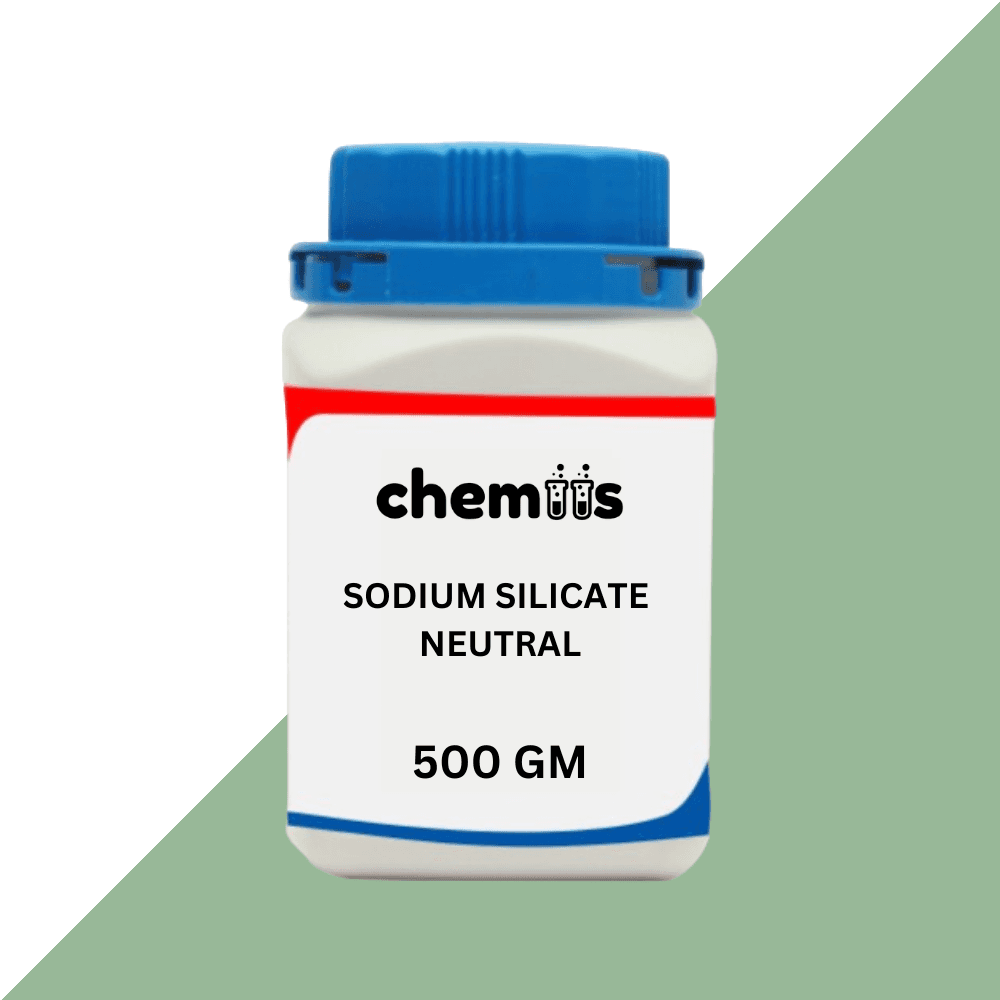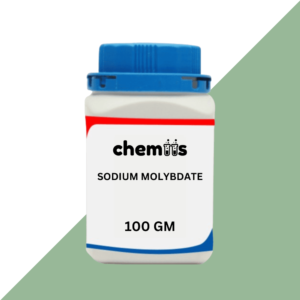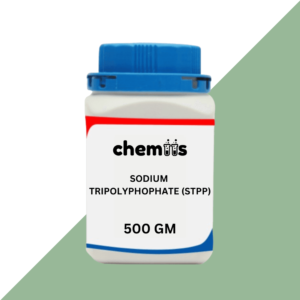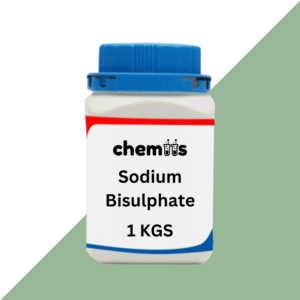Sodium Silicate Neutral, also known as neutral sodium silicate or water glass, is an inorganic compound that is widely used in various industrial applications. It is a versatile, highly stable, and non-corrosive compound with the chemical formula Na₂SiO₃. Sodium Silicate Neutral appears as a clear, colorless liquid or a solid white powder that dissolves easily in water to form an alkaline solution. It has a neutral pH (around 7-9) when dissolved, making it suitable for a wide range of applications where a milder alkaline solution is required. This compound finds use in industries ranging from construction to manufacturing, where its adhesive, sealing, and binding properties are valued.
Applications:
1. Construction and Building Materials
- Adhesive and Binder: Used as a binding agent in the production of cement, concrete, and plaster, providing structural integrity and hardness to building materials.
- Waterproofing and Sealing: Applied in the construction industry as a sealing agent for masonry and concrete, offering water-resistant properties.
- Fireproofing: Helps to enhance the fire-resistant properties of building materials like concrete, insulation, and certain coatings.
2. Industrial Cleaning
- Cleaner and Degreaser: Used in industrial cleaning products to remove grease, oils, and other contaminants from machinery, metal surfaces, and equipment.
- Detergents: Enhances cleaning efficiency and works as a water softener in laundry detergents, improving the effectiveness of cleaning.
3. Paper and Pulp Industry
- Paper Manufacturing: Functions as a binder in the production of paper, helping to hold fibers together and improve the strength of paper products.
- Coatings: Used in paper coatings to improve printability and provide a smooth surface for printing.
4. Ceramics and Glass
- Ceramic Manufacturing: Used as a binder in ceramic production, improving the molding process and surface finish of ceramic products.
- Glass Production: Used in the production of specific types of glass, particularly for industrial and specialty uses.
5. Water Treatment
- Water Softening: Acts as a water softener by sequestering calcium and magnesium ions, preventing scale formation in pipes and equipment.
- Corrosion Inhibition: Helps prevent corrosion in pipes and boilers by forming a protective layer on metal surfaces in water systems.
6. Adhesives and Coatings
- Industrial Adhesives: Used as an adhesive in various industrial applications, such as in the production of corrugated cardboard and other packaging materials.
- Coatings: Applied as a protective coating on surfaces to provide resistance to heat and corrosion.
7. Environmental Applications
- Soil Stabilization: Used in construction projects for soil stabilization, especially in areas that require enhanced resistance to erosion and water infiltration.
- Effluent Treatment: Used in industrial effluent treatment to neutralize acidic waste and remove heavy metals from waste streams.
8. Agriculture
- Fungicide: In certain formulations, sodium silicate neutral can be used in agriculture to improve plant resistance against fungal diseases.
Safety Guidelines:
- Personal Protective Equipment (PPE):
- Wear gloves, safety goggles, and protective clothing when handling Sodium Silicate Neutral to avoid direct contact with skin and eyes.
- Use a respirator or dust mask when working with the powder form to avoid inhalation of dust.
- Storage:
- Store in a cool, dry place, away from moisture, acids, and incompatible materials.
- Keep containers tightly sealed to avoid contamination and prevent moisture absorption.
- First Aid:
- Inhalation: Move to fresh air immediately and seek medical attention if any breathing difficulties persist.
- Skin Contact: Wash the affected area with soap and water thoroughly; seek medical attention if irritation continues.
- Eye Contact: Rinse eyes immediately with water for at least 15 minutes and consult a physician.
- Ingestion: Rinse the mouth with water and seek immediate medical help if a large amount has been ingested.
- Disposal:
- Dispose of Sodium Silicate Neutral according to local environmental regulations. Avoid release into water sources or soil, as it can have an impact on ecosystems.








Jyoti Sharma (verified owner) –
Good quantity at good price.
Alka Dey (verified owner) –
Great for bulk purchase.
Namrata Bansode (verified owner) –
Excellent shipping speed.
Isha Roy (verified owner) –
Found what I was looking for.
Zoya Merchant (verified owner) –
Great for lab use.
Kiran Kumar (verified owner) –
Fast and accurate delivery.
Devika Pillai (verified owner) –
Bulk order handled perfectly.
Kusum Lata (verified owner) –
Delivered without damage.
Kusum Kumari (verified owner) –
Product arrived on time.
Fatima Noor (verified owner) –
Ordering was easy.